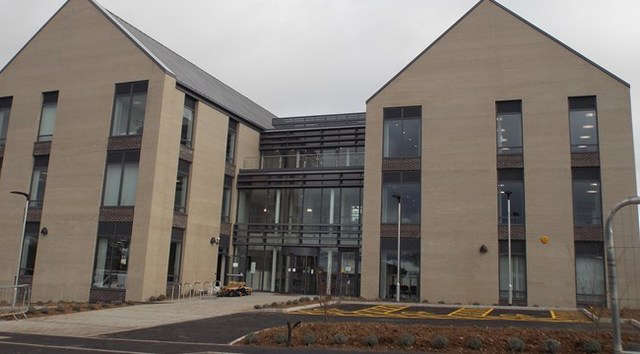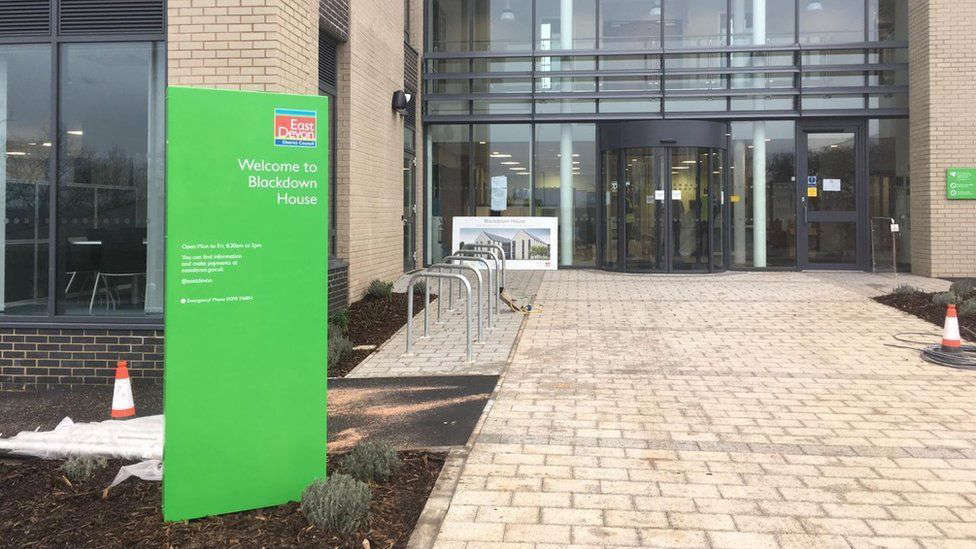
Extra borrowing needed to help fund repairs and maintenance on East Devon’s council houses could mean housing-related debt surpasses £100 million.
Extra borrowing needed to help fund repairs and maintenance on East Devon’s council houses could mean housing-related debt surpasses £100 million.
The district council’s housing service is already borrowing around £86 million, and has now revealed that an additional £15 million could be needed in the next financial year beginning in April.
That’s on top of the expected £8 million it is predicting it will need to borrow for this financial year, albeit that figure is lower than the more than £9 million it initially thought it might need.
Councils that rent out properties they own to social housing tenants are facing financial difficulties across the country, largely because their costs are rising more quickly than their incomes, and annual rent increases are capped.
The council said that the cost of servicing its debt would also be going up. It is now expecting to spend more than £3.2 million on interest next year, up £470,000.
Cllr Ian Barlow (Independent, Sidmouth Town) said it is a “huge amount of money”.
“Is this good value and how do we know what value we get?” he asked.
“I’m concerned about these figures, as it is £8 million of borrowing this year, now £15 million for next. Is this sustainable?”
Cllr Chris Burhop, a member of the housing review board acknowledged the money seemed like “eye-watering sums” but that, per property, it didn’t look out of kilter.
“For those of us privileged enough to own our own house, we can recognise that spending that on upkeep, especially when it’s been let go, isn’t a great deal of money.
“We are trying to build on a legacy of poor conditions that were allowed to deteriorate over many years, so it is understandable that we are talking about these sums.”
Catrin Stark, the council’s director of housing and health, said staff had worked “incredibly hard” to make sure savings were made wherever possible, and she sympathised with comments from councillors about the pressures the housing department faced.
“We are lobbying on this issue, and around two-thirds of councils say they fear collapse due to the increased demand and regulatory standards [within social housing], as well as inability to increase rents at the same rates, while also having a challenging financial situation that our partners in housing associations do not face,” she said.
“Something will need to be done at some point because we aren’t the only local authority dealing with this and we are actually in a better place than a number of authorities.”
The housing review board agreed the draft revenue and capital budget and recommended it be sent to the council’s cabinet to finalise.

 Exmouth & Beer Coastguard with Exmouth RNLI Call Out
Exmouth & Beer Coastguard with Exmouth RNLI Call Out
 Devon man jailed for terrorism offences
Devon man jailed for terrorism offences
 Protesters fear for future of Exeter swimming pool
Protesters fear for future of Exeter swimming pool
 Pop-up market proposal for Exeter city centre
Pop-up market proposal for Exeter city centre
 Exeter to lobby Post Office over city centre branch future
Exeter to lobby Post Office over city centre branch future
 East Devon goes beyond requirements on care leave
East Devon goes beyond requirements on care leave
 200 marathons in 200 days – 65-year-old runs full length of UK coastline
200 marathons in 200 days – 65-year-old runs full length of UK coastline











